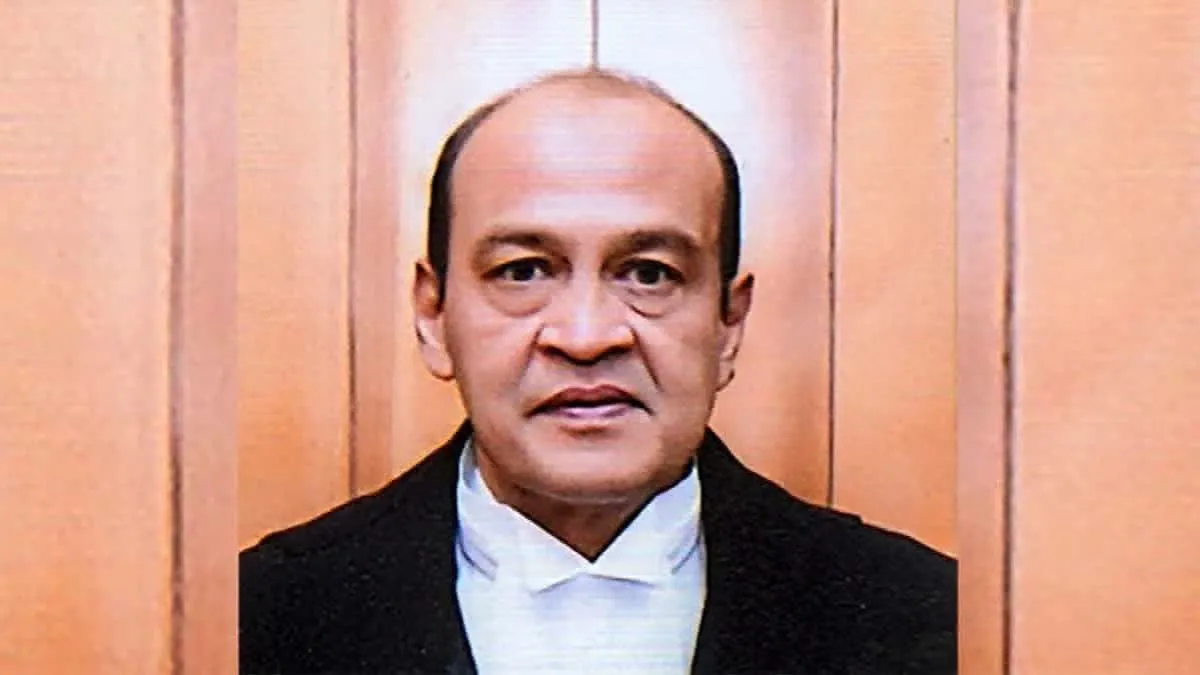In a pivotal ruling on May 21, 2025, the Supreme Court dismissed a plea seeking an FIR against Delhi High Court Justice Yashwant Varma over allegations of unaccounted cash recovered from his residence after a storeroom fire on March 14, 2025, thrusting the contentious case into the hands of President Droupadi Murmu and Prime Minister Narendra Modi. The decision, by Justices Abhay S. Oka and Ujjal Bhuyan, underscores the judiciary’s reliance on executive action, sparking debate over accountability, judicial independence, and public trust in India’s legal system. As posts on X buzz with calls for transparency, the case tests the delicate balance between judicial process and public scrutiny.
The controversy erupted when firefighters, responding to the blaze at Varma’s official residence, reportedly discovered substantial cash, prompting an in-house Supreme Court inquiry led by Chief Justice of India Sanjiv Khanna. The panel’s report, forwarded to the President and PM with Varma’s response, remains confidential, leaving petitioners, led by advocate Mathews Nedumpara, frustrated. The Supreme Court bench advised Nedumpara to make representations to the executive, stating, “Action has to be taken by President and PM,” and promised recourse if no action follows. Posts on X reflect public outrage, with some alleging a cover-up, while others defend the judiciary’s procedural restraint.
Varma, transferred to Allahabad High Court on March 20, 2025, faces no formal charges, but the inquiry reportedly indicted him, fueling demands for resignation or impeachment. Nedumpara challenged the 1997 K. Veeraswami ruling, which requires the Chief Justice’s approval to register cases against judges, arguing it shields judicial misconduct. The bench declined to revisit the precedent, prioritizing protocol over immediate action. Critics, including legal analyst Priya Desai, question whether the transfer—seen by some as a lenient move—adequately addresses allegations of impropriety. “The public deserves clarity, not closed-door reports,” Desai said.
The case’s broader implications are profound. With 32 million pending cases clogging India’s courts, public faith in judicial integrity is fragile. Posts on X highlight skepticism, with users questioning why Varma remains on the bench amid such serious claims. Conversely, supporters argue the in-house inquiry, a mechanism to protect judicial independence, prevents premature vilification. The government’s silence—neither confirming nor denying action—adds fuel to speculation, especially after Varma’s transfer coincided with protests in Delhi.
The Supreme Court’s deference to the executive raises governance questions. Can the President and PM act decisively on a judicial matter without politicizing it? The Veeraswami precedent, designed to shield judges from frivolous cases, may now face scrutiny as a barrier to accountability. As Varma’s case lingers, it joins a history of judicial controversies, like the 2008 Nirmal Yadav cash-at-door case, where acquittals left questions unanswered. Nuzpost will track this unfolding drama. Share your thoughts on this judicial crossroads.

